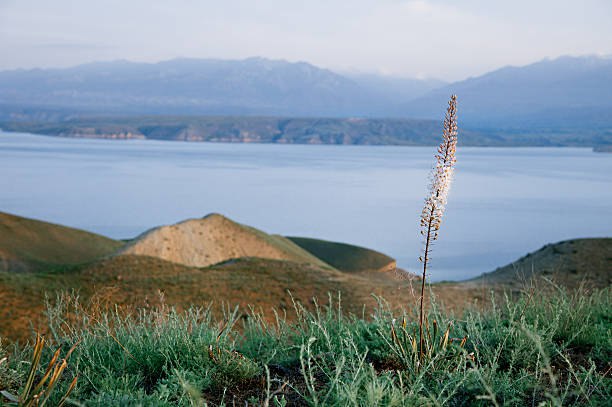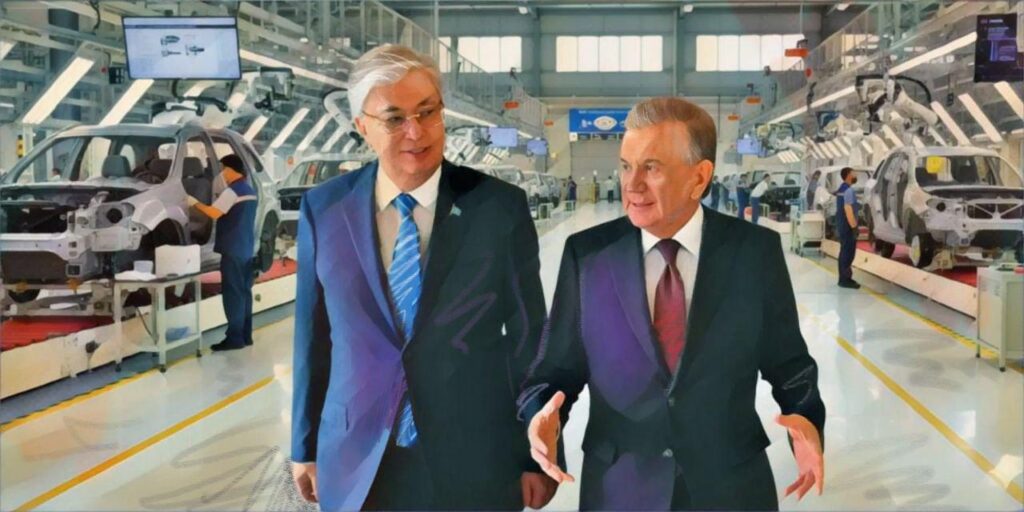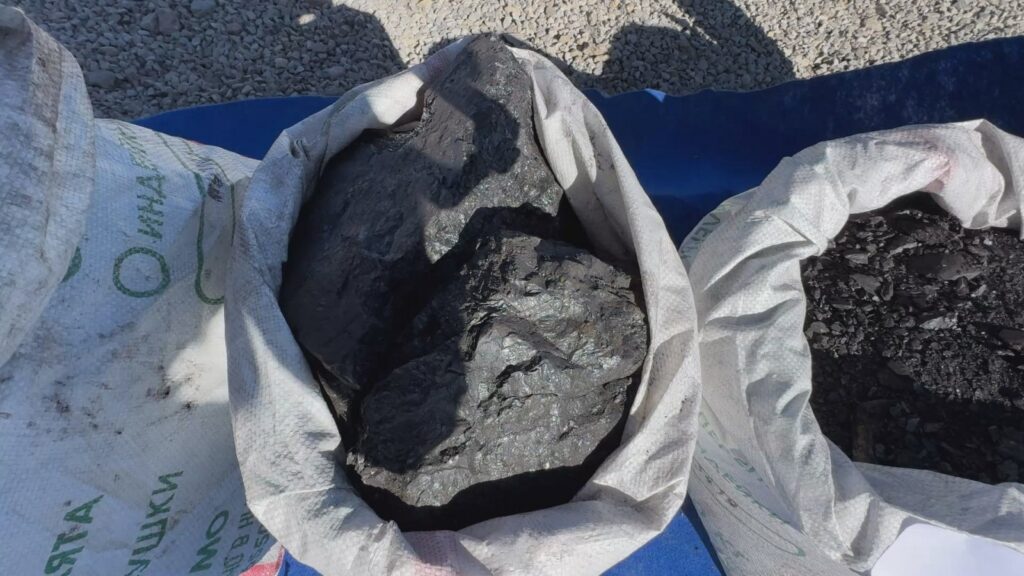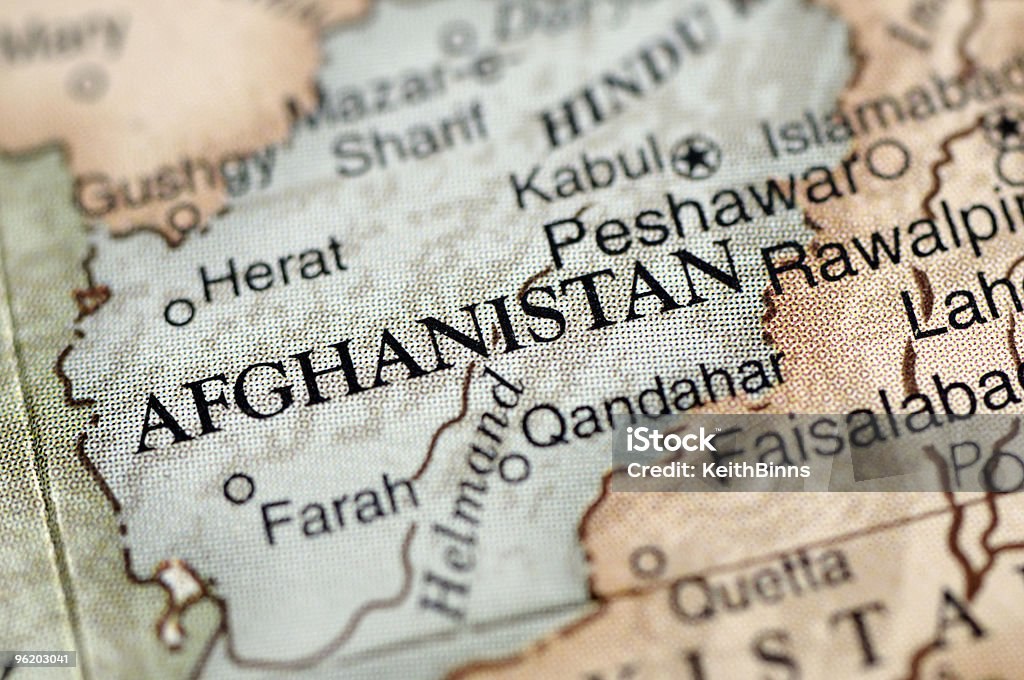A decision to end Uzbekistan’s price caps on coal has been made against the background of rising costs for electricity. To date, hard coal in the country is a social commodity, which is sold to the population at fixed prices.
Currently, coal is sold under direct contracts to the population, state organizations and thermal power plants, and because it’s included in the list of socially important goods, its price is regulated by the state.
Wholesale and retail prices for coal are considered and approved by the Interdepartmental Commission on Tariffs at least once a year (valid through June 1). Retail coal is sold to the population through coal warehouses run by the state company “Kumir ta’minot”. The Ministry of Energy, together with other agencies, has a mandate to make proposals for the formulation of wholesale and retail prices “based on market principles” within a month.
In 2023 Uzbekistan’s coal production rose to 6.19 million tons, up 15.5% from the previous year. However, imports also increased — 3.1 million tons were purchased from Kazakhstan alone. At the beginning of this year, Uzbek president Shavkat Mirziyoyev instructed domestic mining companies to increase coal production by 22%, taking into account the needs of the population, social sphere and industries. According to experts, the potential of the coal industry is not being properly utilized.
At the same time, coal combustion is the main air pollutant in Uzbekistan, especially in Tashkent, which has recently taken a leading position on the list of cities with the worst air quality. During the fall and winter period, greenhouses on the outskirts and industrial enterprises of the Uzbek capital massively use coal and fuel oil as heating and power generation fuel. This has led to a sharp deterioration of air quality indicators and an increase in respiratory diseases among citizens.









